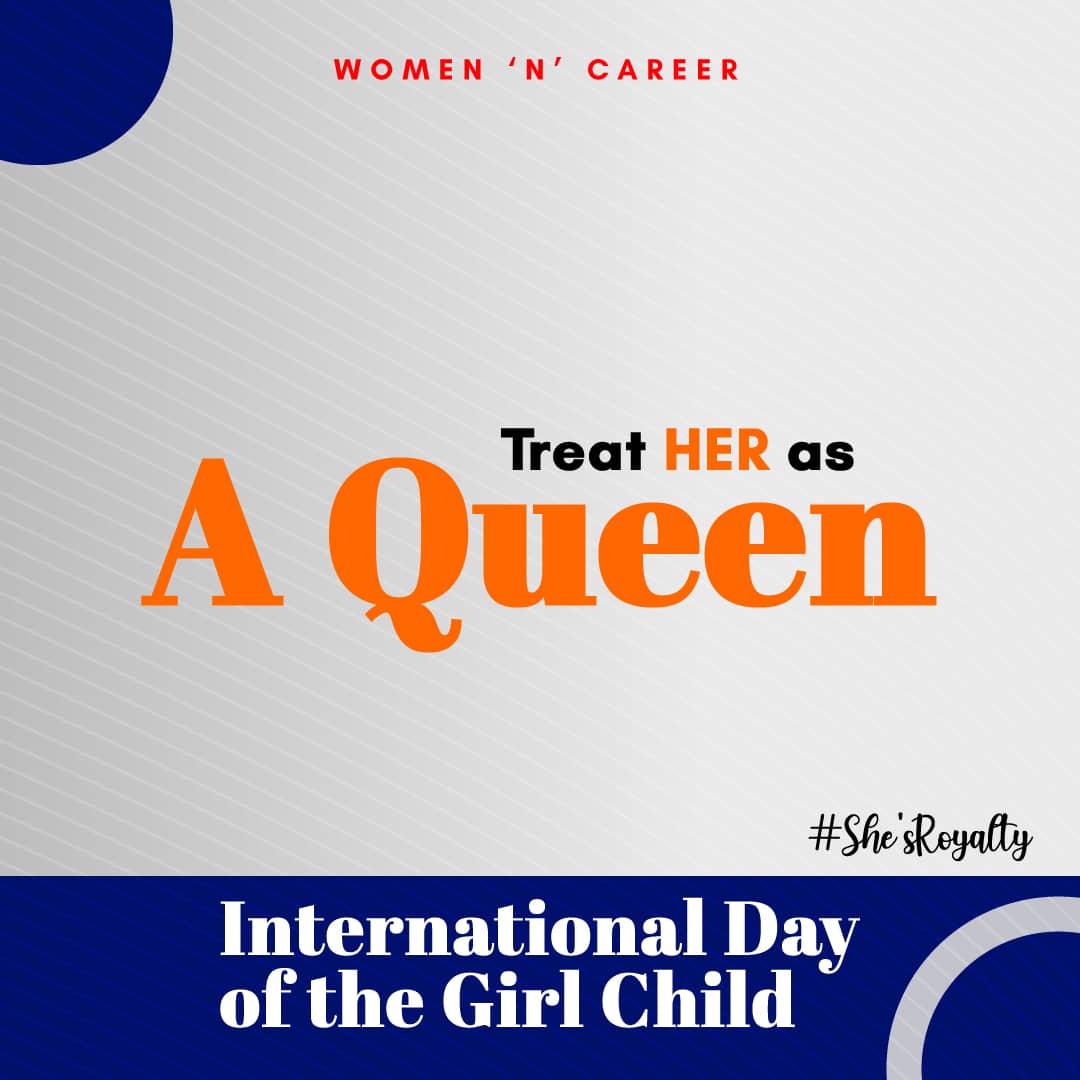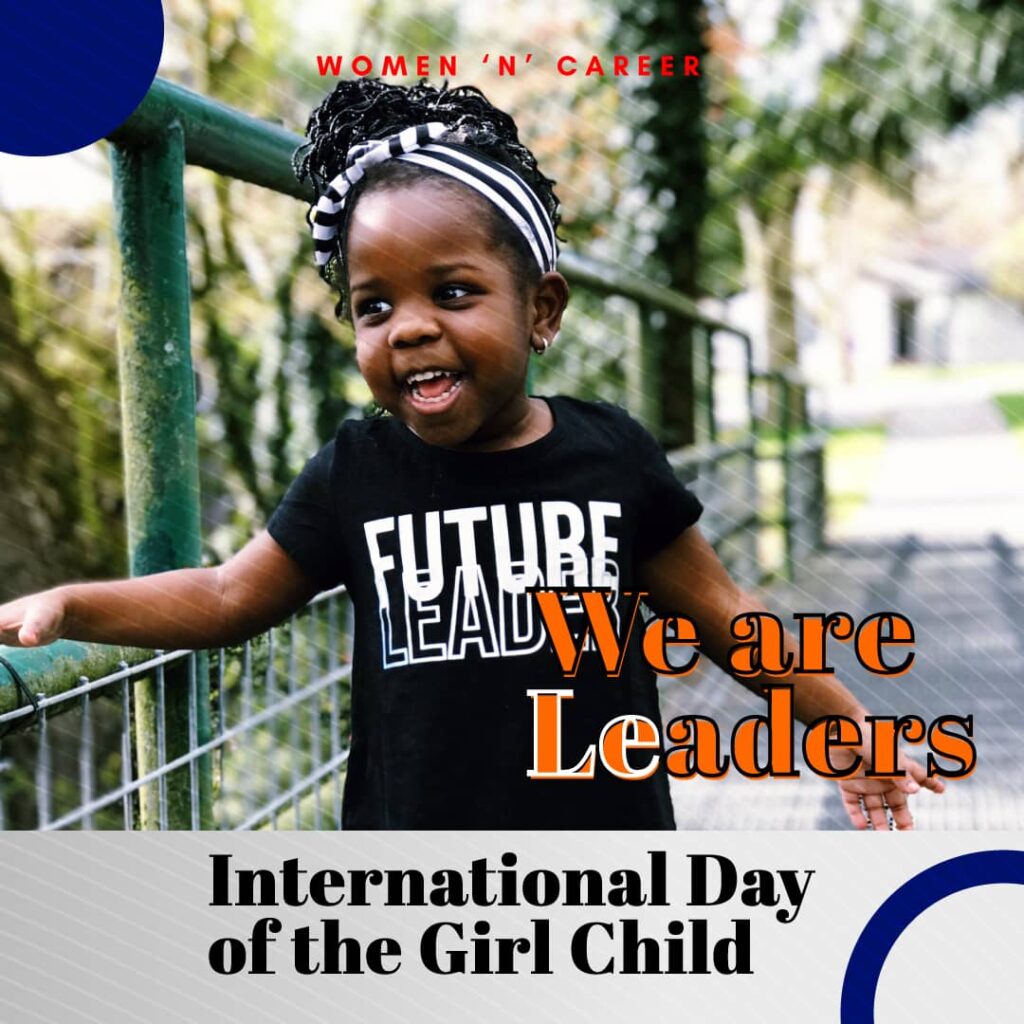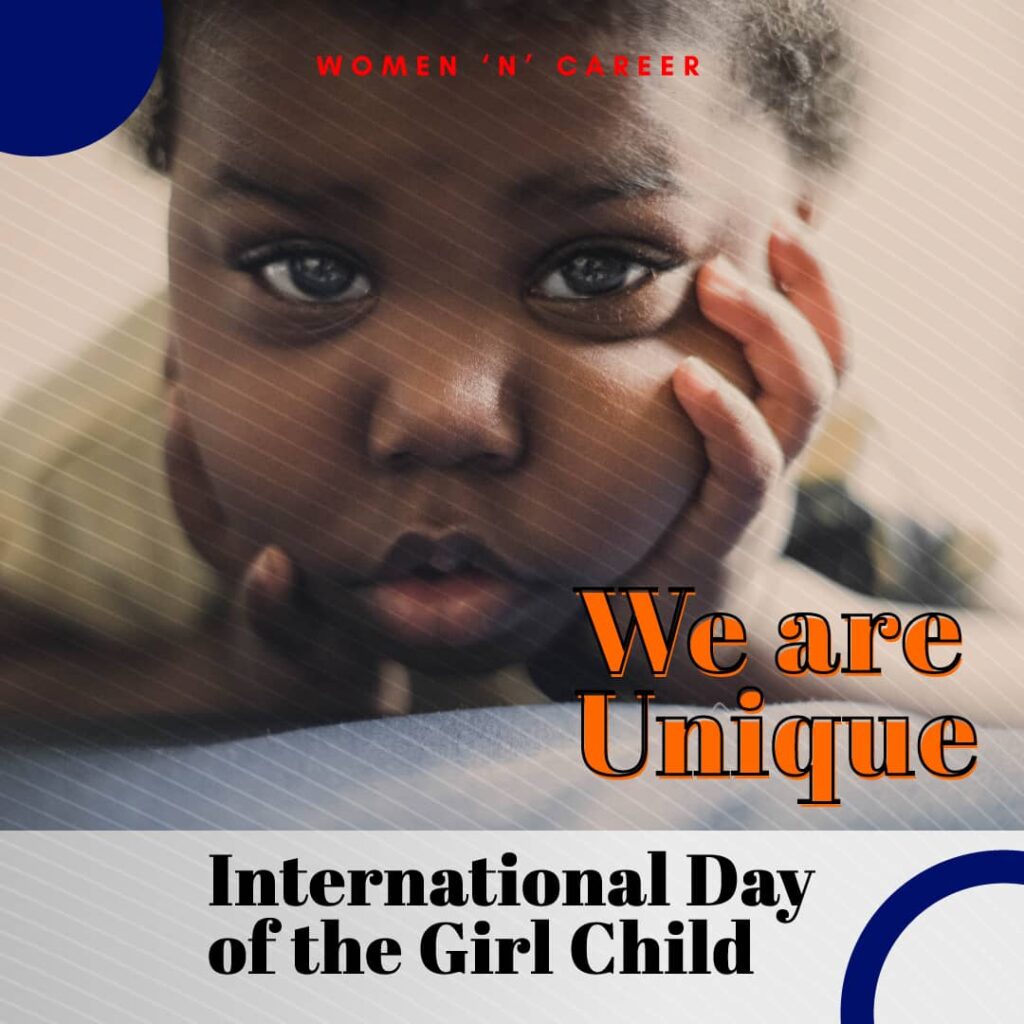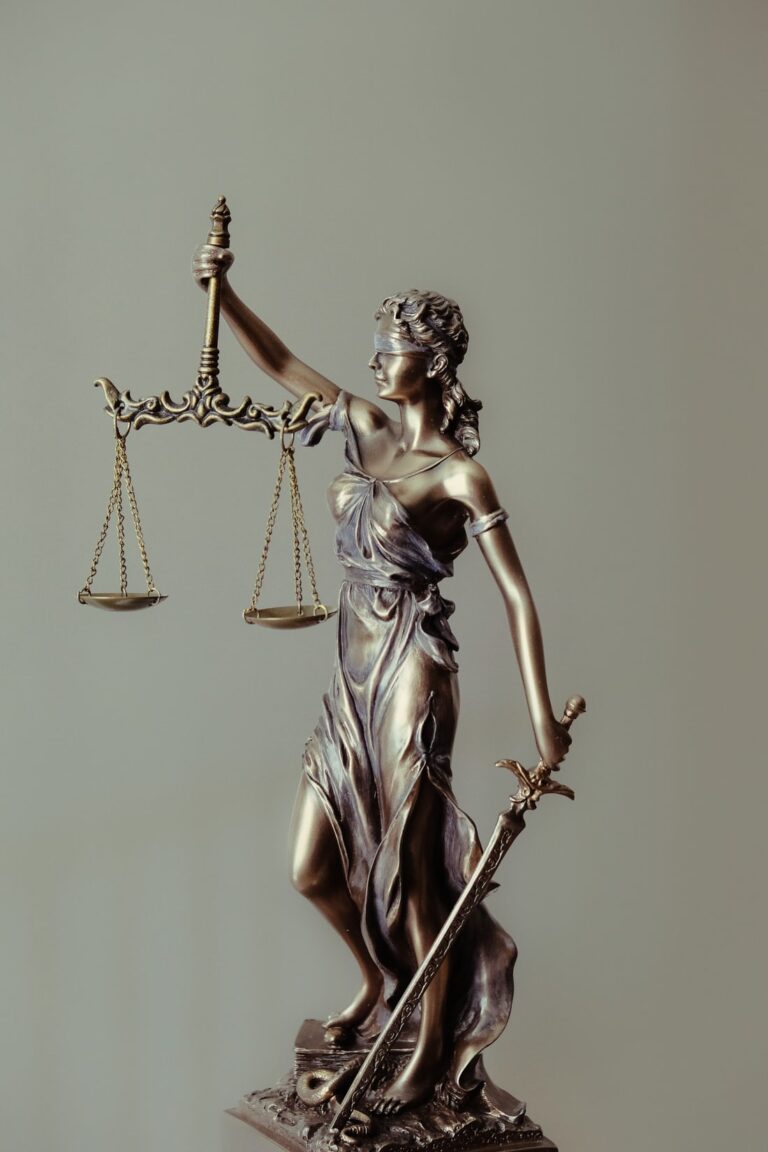
—
By Olivia Alabi; WnC Essay Competition Finalist
When I was a little girl, the first thing I wanted to be was a detective. I was a huge fan of Sherlock Holmes, Famous Five, Secret Seven, and Wendy Woo, and Scooby-Doo. I loved how they uncovered mysteries through deductive reasoning (not that I knew this was what it was called at the time). My grandmother had a magnifying glass I would sneak out and play with like I were an actual detective
Then, I wanted to be an inventor/researcher. I admired Newton, Pascal, Da Vinci, Einstein, and a lot more. I loved how they dedicated their time to something find out the secrets of the world, to creating things everyone else at the time thought were impossible.

Later I wanted to be a newscaster, then a neurosurgeon, then an author, then a bioengineer, until recently, a psychologist. Most of my role models were, and still are, males; and most were, and still are, “white”.
To the 8-year-old girl sitting at the front of the TV with eyes full of awe, watching Holmes solving his latest mystery, it didn’t matter what gender or race the person she admired was. All that mattered was this: she saw someone do something that amazed her, and she wanted to do it too.
But as she grew and told people the things she admired, she began to see that there actually was a difference, that gender and race seemed to matter more than she was aware of; and that the world needed her to be constantly aware of this difference. She could either be ashamed of it or wear it like a badge. Either way, she was constantly made aware of this difference.
” Girls don’t…”, “Girls shouldn’t…” These were words she heard more frequently the older she grew. She could not understand what made her different, why the people she admired could do this stuff and no one would bat an eyelash but she doing them would cause an uproar. The young girl never understood why people would give her a funny look anytime she called her interests, why they always emphasized her gender.

She wondered what the “big deal” was when a woman made an accomplishment. The emphasis always seemed to be on that word, ‘woman’, as if being a woman were a genetic disadvantage; but the more she grew and heard people tell her what she can’t and shouldn’t do because she was a woman, she began to see why women’s accomplishments were so highlighted. She realized that women weren’t genetically disadvantaged, they were socially disadvantaged.
This was the world that was created for that eight-year-old girl, the world I grew up in. It’s a world where your gender either qualifies or disqualifies you. This is a world where your gender matters. But this world should no longer exist.
I didn’t need to identify with the skin color or gender of the person I admired. It didn’t bother me if I didn’t see a female inventor or a female author. All that mattered then, all that ought to matter, was that I saw something good and wanted to be it. This is the kind of world we need to create for future generations. A world where you’re judged by your capabilities, not your label.
Maybe if more children were allowed to dream of whatever they want to become, it wouldn’t matter what gender they were. Maybe if we smiled when our daughters told us they wanted to be astronauts and engineers, maybe if we smiled then and told them they can do it, we would be one step closer to creating that world.
Read Also: 6 Things Every Perspective University Student Should Know
